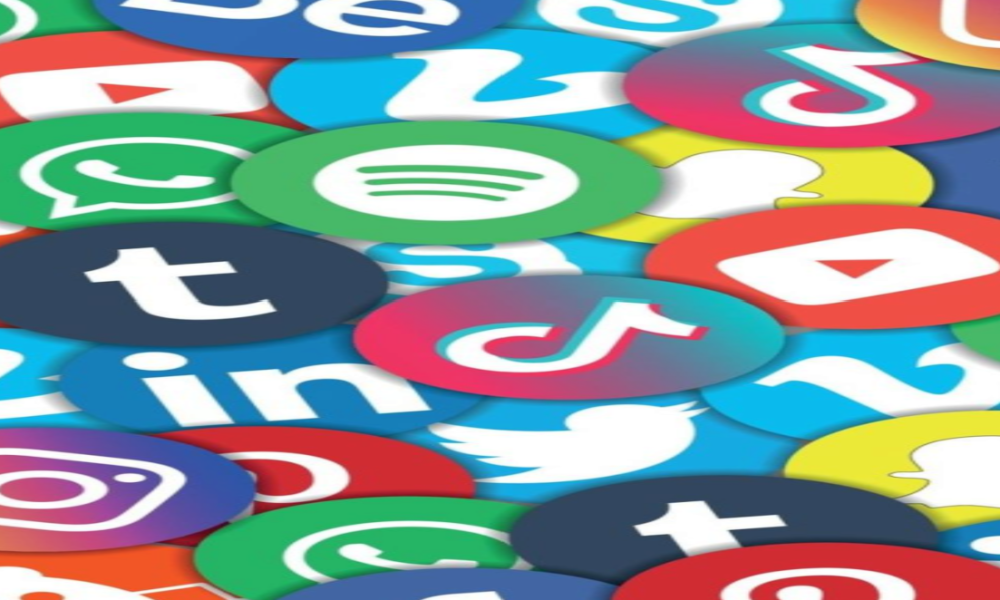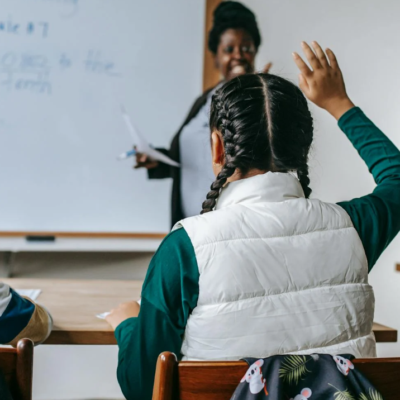The real impact of Social Media on teens
Parents should take action because social media is negatively changing the way teens live, think, and feel every day. Many teens struggle with anxiety, low self-esteem, and sleep problems because of how often they’re online or comparing themselves to others. A lot of parents don’t realize that social media apps are designed to be addictive, using tricks that keep kids scrolling for hours. Parents may think their kids are just having fun, but there’s often a deeper impact. What looks like harmless screen time can actually be harmful over time. By learning more about how these platforms affect teen brains and behavior, parents can start setting healthier boundaries, talk openly with their kids, and encourage more offline time. It’s not about banning social media, but about helping teens find balance and protecting their mental health.
Although social media can help teens stay connected with friends and family and important news, its harmful effects—such as anxiety, lower self-worth, and poor sleep—shows that it does more harm than good. I didn’t realize how much social media was affecting me until I couldn’t sleep, couldn’t focus, and started comparing myself to everyone I saw online. At first it was like just a fun way to stay connected with friends, but over time I started feeling worse about myself. I would scroll for hours, looking at people who seemed happier, more goodlooking, and more successful than me. At night, I’d scroll on Instagram for hours, watching short reels of girls my age doing “day in my life” vlogs, showing their perfect rooms, expensive clothes, iced coffees, and exciting friend hangouts. The people I was watching seemed happier, better looking, and more successful — they were influencers with thousands of followers, posting their vacations or getting ready in designer clothes. The lack of sleep impacted me by being tired most of the day, and made me not want to do everyday things, like have in-person conversations.
Even when I was surrounded by others, I felt alone. Social media became less of a fun distraction and more of a source of stress, insecurity, and exhaustion. I know I’m not the only teen who feels this way and there’s a lot of struggling out there. A group of teens should come together and talk about how they have been affected by social media, just an easy conversation because the group can all come to an agreement on how social media affected them negatively. It’ll be a great way to take a break from screen time and learn how to converse with individuals.
According to a 2025 study by Pew Research Center, about 45% of teens say social media messes with their sleep, and 40% say it affects how productive they are. Girls report even more negative effects—half say it hurts their sleep, and a quarter say it affects their mental health. Not sleeping for a teen can negatively impact brain development, leading to difficulties with decision-making, self-reflection, and information processing.
When we’re glued to our phones at night, it’s harder to fall asleep. For example, in an article on the science behind media apps, many apps use the hook model which contains four steps: triggers (notification for a text), action, (stop what you were doing and open the notification) variable reward, (a sense of gratification) and investment (encourages users to invest time, effort, or data into the product). The constant scrolling keeps us thinking and comparing. No wonder we wake up tired and can’t focus on school. To help fix this, setting phone-free times like no phones before bed or during meals can actually help us rest better and feel more present.
Pew also found that 27% of teens feel worse about their own lives after using social media, and 39% feel overwhelmed by online drama. Many teens—especially girls—say seeing filtered photos online like on Snapchat makes them feel like they’re not good enough
We all compare ourselves online. When you only see people’s best moments or edited selfies, it’s easy to feel like your life doesn’t measure up. Pressure starts to add up and can bring your confidence down. A way you can handle this is by learning how to use social media more mindfully. Schools/programs could teach students how to spot fake or edited content and talk about how social media affects our moods and mental health. More real-life time could mean having phone-free meals with family, spending weekends doing something outside like hiking or hanging out with friends face-to-face, or even just reading or creating art without screens. Studies show that in-person connections help reduce feelings of loneliness and improve emotional well-being — something that endless scrolling can’t replace.
In conclusion, social media isn’t all bad. It helps us stay connected and express ourselves. But when it starts to mess with sleep, focus, and how we see ourselves, that’s a problem. But, we don’t have to quit completely, just set some boundaries. Less screen time, more real-life time. Taking small steps can make a big difference. Even a few hours away from screens each day can help teens feel more rested, confident, and connected to real life.










